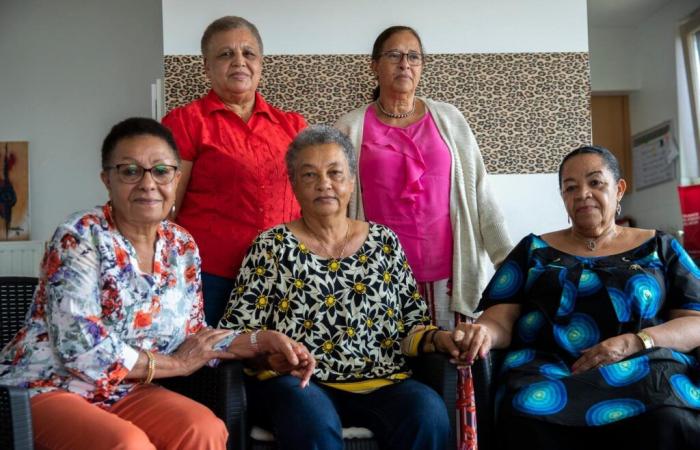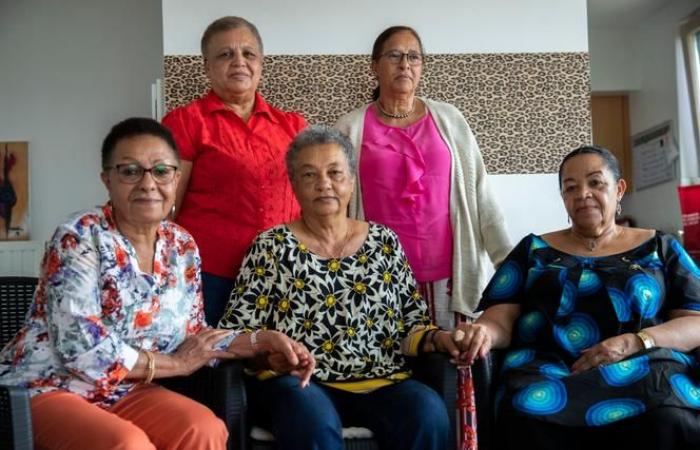They will have waited for this moment for decades and their joy was commensurate with the event, Monday December 2, when the Brussels Court of Appeal ruled in their favor: the judges considered that the Belgian State had surrendered guilty of “crimes against humanity” against five mixed-race women, born in the former Belgian Congo (today the Democratic Republic of Congo) to a black mother and a white father. Léa Tavares Mujinga, Monique Bitu Bingi, Noelle Verbeken, Simone Ngalula and Marie-José Loshi were 21 months old for the youngest, 5 years old for the oldest, when they were forcibly kidnapped, placed in religious institutions, then abandoned to their was released at the time of the country's independence, in June 1960.
The mixed race, or “mulattoes”, “children of shame and sin”, according to the political and religious authorities of the time, represented a double threat in the eyes of the colonial regime. “According to him, they endangered the supremacy of the white race and also risked fomenting a black revolt”says Michèle Hirsch, one of the lawyers for the five plaintiffs.
A “general and systematic” policy
In May 2023, a criminal court recognized the tragedies and violence suffered by these five women, all taken from their families in the name of a policy defined in 1913 by Joseph Pholien, a politician who would become prime minister in 1950: “No remedy is radical enough to avoid the creation of mongrels. » Without agreeing with the State's lawyers, who considered that this trial risked being that of all colonization, the judges of first instance had nevertheless considered that Belgium had not been guilty of crimes against humanity, this notion did not exist, according to them, at the time of the facts.
Read also (in 2023)| Article reserved for our subscribers The sacrificed mixed-race people of the former Belgian Congo in search of justice
Read later
The court of appeal completely reversed this judgment: the little half-breeds were removed solely because of their origin and under a policy “general and systematic”she said. Believing that their kidnapping was an inhumane act of persecution, she equates it to a crime against humanity. “under the principles of international law recognized by the statute of the Nuremberg Tribunal and integrated into international criminal law by the United Nations in 1946”.
Established after the Second World War to judge the crimes of Nazism, the Nuremberg tribunal qualified the kidnapping of children under the age of 7 as“inhumane act”. The Belgian judges declared it imprescriptible, basing themselves, in addition, on laws of their country concerning the violation of human rights and persecution. Adopted in 1998 and 2003, these texts specified that they would be applicable to all violations, including those committed before the entry into force of these provisions. “ Today, we are witnessing the first motivated conviction of a State for crimes against humanity committed during colonization.comments Michèle Hirsch.
You have 52.49% of this article left to read. The rest is reserved for subscribers.







